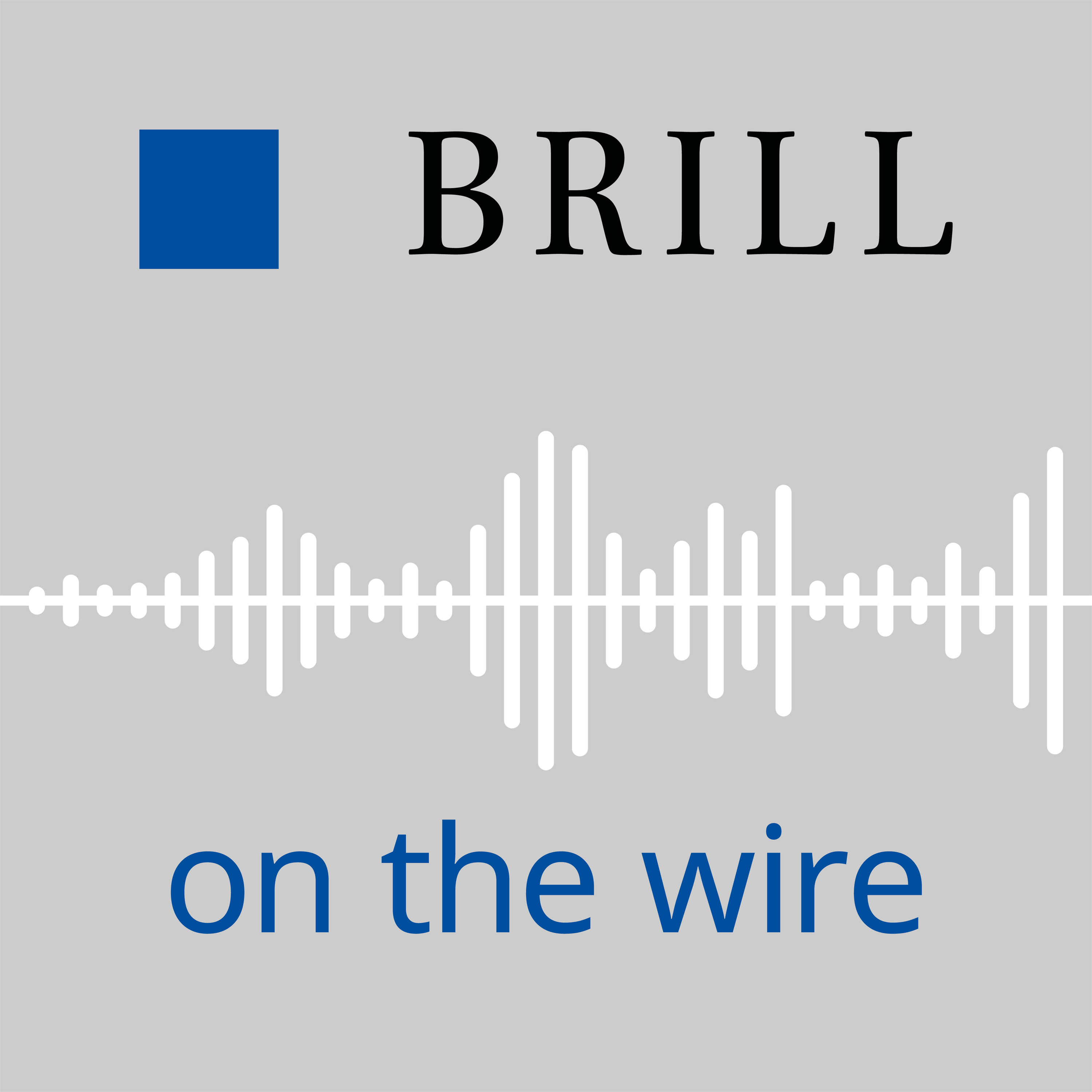Amanda Wangwright, "The Golden Key: Women Artists and Gender Negotiations in Republican China (1911-1949)" (Brill, 2020)The first monograph devoted to women artists of the Republican period, The Golden Key: Women Artists and Gender Negotiations in Republican China (1911-1949) (Brill, 2020) , authored by Amanda Wangwright, recovers the history of a groundbreaking yet forgotten force in China's modern art world. Through its detailed examination of the lives and careers of six female artists—Guan Zilan, Qiu Ti, Pan Yuliang, Fang Junbi, Yu Feng, and Liang Baibo—this book argues that women were central to the emergence of modernist art in early twentieth-century China and to the nation’s larger modernization project. Amanda S. Wangwright’s analysis of a wealth of primary sources demonstrates how these women constructed public personas, negotiated space within art societies, applied feminist thought to their artistic praxis, and surmounted obstacles to their careers—wielding art as the “golden key” to professional advancement and gender equality.
Huiying Chen is an Assistant Professor in History at Purdue University. She is interested in the circulation of people, goods, and ideas and how societies in history and today cope with the challenges wrought by increased travel in aspects of culture, politics, commerce, law, science, and technology.
# Modernist ArtAn artistic movement that emerged in the late 19th and early 20th centuries, characterized by a break from traditional forms and experimentation.









